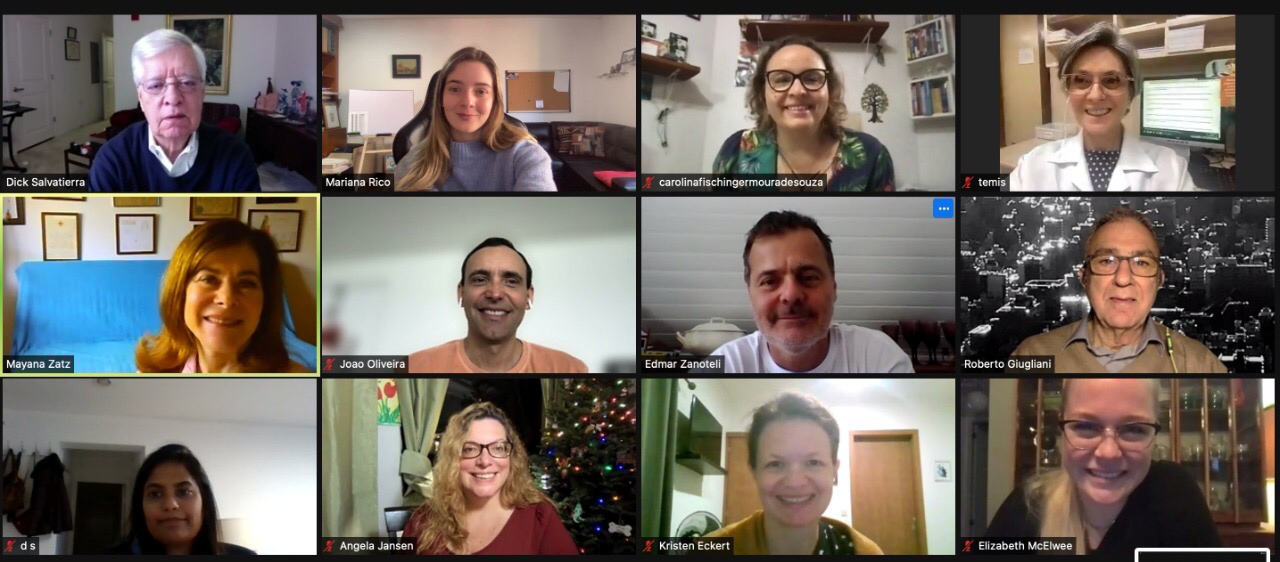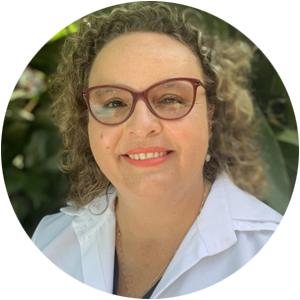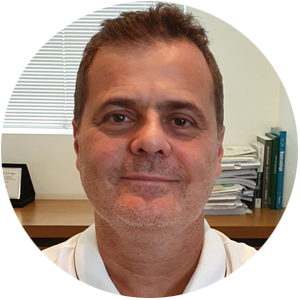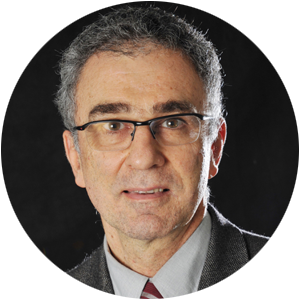40
ES/WGS for
diagnosing RDs in Brazil
AHF Convenes a Consensus Conference
on ES/WGS for diagnosing RDs in Brazil
ES/WGS FOR DIAGNOSING
RDs in Brazil
In Brazil, out of the 213 million inhabitants, 10-13 million people live with a rare disease (RD). Often degenerative and fatal, these diseases have a serious impact on the quality of life of patients and relatives, compromising their autonomy and negatively affecting their mental health. Of all the identified unique RD’s, 71.9 % are genetic. Worldwide, genetic disorders represent the leading cause of death in children under ten years of age. In Brazil, congenital disabilities were the second leading cause of death in children under five years of age in 2017. Establishing a diagnosis for patients with RD’s requires identifying the causative molecular basis, which can become a lengthy, challenging, and expensive process to caretakers and society. In Brazil, a lapse of 4.8 years from the onset of symptoms until diagnosis has been identified, a delay which worsens the burden of disease in terms of clinical and economic aspects.
Whole exome sequencing and whole genome seqencing have demonstrated great potential in optimizing the diagnosis process for RD's. By allowing concomitant examination of several or all genes, these methods have the potential to achieve an etiologic diagnosis in time to influence acute management and open doors for precision medicine in RD. In Brazil, implementation of these methods is in early stages and many challenges remain.
In December 2021, AHF convened a meeting of Brazilian experts on genomics and rare diseases via Zoom to develop recommendations for increasing the adoption of whole exome and whole genome testing in the Region. The manuscript entitled “Challenges and Recommendations to the adoption of WES/WGS Testing for Diagnosis of Rare Diseases in Brazil” has published at the Equity Journal. The full article is available here.
PANELISTS INCLUDED







